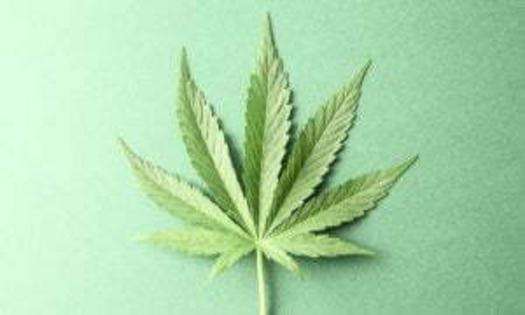Can Cannabis Help You Survive Daylight Savings Time
Published in Cannabis Daily
Can cannabis help you survive Daylight Savings Time? Discover how it eases sleep, stress, and sluggish mornings
Twice a year, millions of Americans grumble as the clocks shift for Daylight Savings Time (DST). This weekend marks the annual “fall back,” when most of the country gains an hour of sleep, but our internal clocks aren’t always so quick to reset. From sluggish mornings to restless nights, the change can wreak havoc on mood, energy, and sleep. But can cannabis help you survive daylight savings time? Daylight Savings Time was first proposed by Benjamin Franklin in 1784 as a way to save candles and make better use of daylight. The U.S. formally adopted it during World War I to conserve fuel and again in World War II. Today, nearly every state observes it (except Hawaii and most of Arizona). Originally meant to save energy and increase productivity, DST has become controversial, with studies suggesting it can actually disrupt human health and safety more than it helps. Human bodies run on a 24-hour circadian rhythm — a natural sleep-wake cycle driven by light exposure. When we shift the clocks, even by an hour, that rhythm gets out of sync. The result? Fatigue, mood swings, increased stress hormones, and, for some, higher risks of heart attacks and car accidents immediately following the time change. Sleep experts say it can take several days — sometimes up to two weeks — for the body to fully adjust. Cannabis may offer a modern tool for this age-old annoyance. Studies suggest certain cannabinoids, especially CBD (cannabidiol) and THC (tetrahydrocannabinol), can influence the body’s endocannabinoid system — the internal network regulating sleep, appetite, and mood. CBD, known for its calming and anti-anxiety properties, can help reduce stress and promote better-quality rest without the intoxicating effects of THC. Meanwhile, low to moderate doses of THC can help users fall asleep faster and experience deeper sleep cycles, particularly for those who suffer from insomnia or restless nights. Experts recommend timing and dosage carefully. CBD is often best taken an hour before bedtime to relax the body, while THC may work better for those who need to initiate sleep. Cannabis users should avoid heavy consumption or overly potent strains, which can cause grogginess or interfere with REM sleep. Beyond cannabis, good sleep hygiene helps the transition. Limiting screen time, avoiding caffeine after noon, and exposing yourself to natural morning light can all help the circadian system realign. As Americans continue to debate whether Daylight Savings Time should stay or go, one thing is certain, the grogginess is real. For those looking for a natural way to rebalance their body clock, cannabis might just make “falling back” a little easier.
The Fresh Toast is a daily lifestyle platform with a side of cannabis. For more information, visit www.thefreshtoast.com.
























Comments